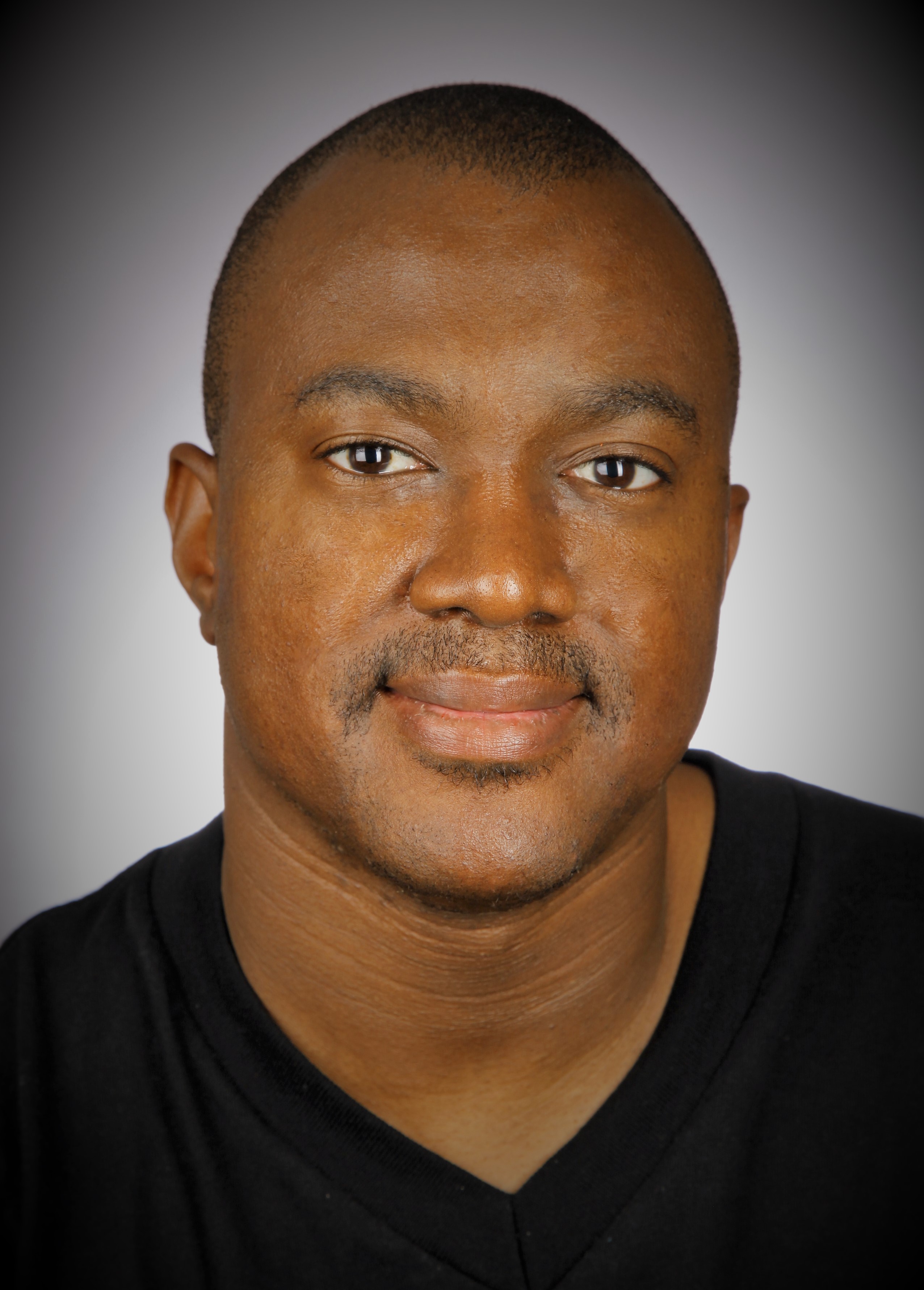by Sofia Squittieri, Writing Intern
 |
| noguiltlife.com |
Elia Kazan—film and theatre
director as well as producer, writer and actor—said, “I used to spend most of
my time training to be a nice guy so people would like me.” The acting
community recognizes him as one of the masters of what is called “The Method.”
Method actors need to have a high degree of self-knowledge and criticism. Kazan
has this. When he says “I,” he means “we.” We want people to like us. I imagine everyone
feels this—some much more intensely than others.
Dr. Glover—a psychotherapist
who specializes in this area—states, “If I can hide my flaws and become what I
think others want me to be then I will be loved, get my needs met, and have a
problem-free life.” This is how he describes the “Nice Guy Syndrome”—this
behavior taken to the limits. All of us, as “Nice Guys,” rarely express ourselves
sincerely. We repress what we really feel so that we don’t upset the other “nice
guys.” We don’t ask for what we want, or know how to say “no.” We avoid tense situations,
and conflict. These behaviors live in us. But why is this considered unhealthy behavior?
“Nice Guys” forgo autonomy and agency, swallow their emotions, feelings, and
even principles. This way of being promotes stress, and reduces self-esteem. Those consequences are undeniably unhealthy.
But not everyone believes this
behavior is unhealthy. Avoiding confrontation and “people-pleasing” can definitely
have positive results: l000 Twitter followers, hot dates, or free drinks. And this positivity is as superficial as it sounds. It could equate to “frenemies” and no real
social life which might fill that emptiness we feel inside.
Furthermore, dramatist Harold
Pinter—Nobel-prize winner—wrote a play called A Night Out in which its main character, Albert, is an exaggerated version
of Dr. Glover’s “nice guy.” I’d call him a “really nice guy.” He is repressed,
and alienated by his mother, who he could under no circumstance displease. He ends up liberating all of his repressed
feelings with a prostitute in her flat, nearly killing her and believing he killed
his mother—his hidden and unconscious wish. As we all know, theatre—as well as film—reflects human
conflict and imitates reality, to the extreme. Pleasing the other–taken to the extreme—could
have
fatal consequences.
In one real case, “Sarah” suffered
the fatal consequences of the Nice Guy Syndrome. She worked as a lawyer in a
top-tier Sydney firm. Attempting to please everyone left her drowning in her
own work—as well as her colleagues’ work. “Experiencing negative feelings . . .
made [her] overeat.” She gained weight. As a self-confessed people-pleaser, she underwent
treatment. This testimony best illustrates and proves that Elia Kazan was right: being the “nice guy” can be harmful.
It seems contradictory that the search for a
problem-free life compels us to behave this way. Psychologists say that this comportment ends up
in pleasing no-one because we will never please the other, who will always
demand more and more. And we’ll never satisfy ourselves because we are trying
to please the other. There’s no point in acting as “the nice guy,” unless it is
to achieve a particular aim in a particular moment in one’s life. But it is
very difficult to say “no” and to express feelings without being afraid of the
other’s response.
Lawrence Sullivan, master
chief of a major petrol firm, answered to an interview about how he had
achieved his success. He said that he never did anything he did not really want
to, and did not think of trying to please anyone. However, the unconscious mind
is more powerful than the conscious, and what we think is not always what our
inner-self expresses (often the opposite). Accompanying the interview was a
photograph of him. He wore an ambitious suit and his posture was clearly the
result of an intensive study of his anatomy. His wearing of the suit was not a
comfort decision, but an attempt to present a good image—to please the reader—strategy. This proves that no-one
escapes from trying to like or please. No socialized man escapes society.
Elia Kazan put it into words, but he spoke for us.
We try--hard, even when the effects are harmful to ourselves. The
effort each of us makes varies. It could be represented through a continuum.
This means that to a greater or lesser extent, we all care about pleasing.
































0 comments:
Post a Comment